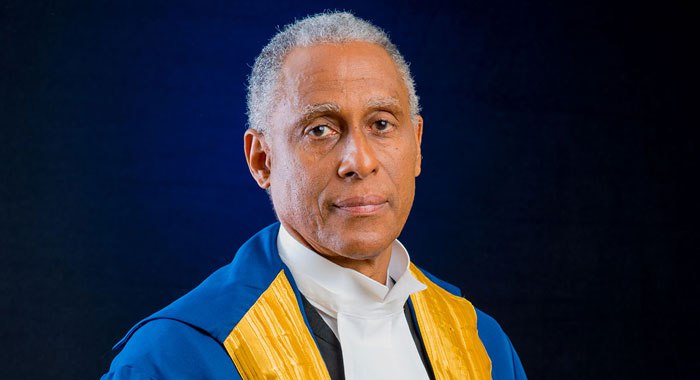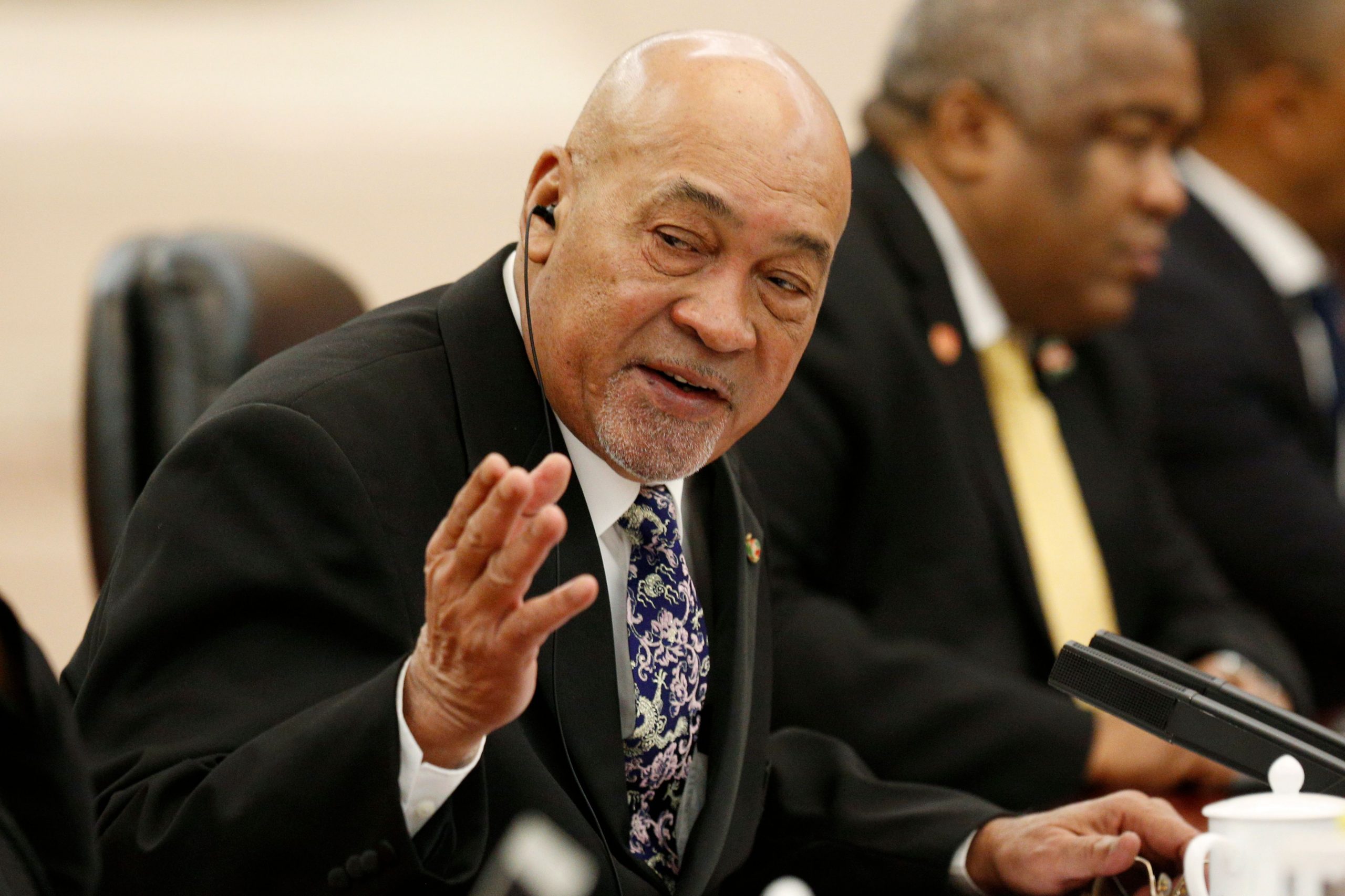Attorney General Basil Williams on Thursday warned of “dire” and “catastrophic” consequences if the Caribbean Court of Justice (CCJ) were to uphold the passage of the December 21 No Confidence motion and force elections without a new voters list.
“The provisions in 106 (6) and (7) have dire consequences, catastrophic consequences for the Government.
“If successful, the motion could lead to the premature fall of Government and possibly the premature dissolution of the National Assembly,” Williams told the five judges at the CCJ, which has been approached to make a final determination on the case.
The Opposition Leader, Attorney Christopher Ram and Attorney Charrandass Persaud, have argued that elections can be held using the voter’s list of last November’s Local Government elections and there is no need to have house to house registration because that process would drag out the date of the election by many months.
The Government has argued that thousands of young people are not on the list and that many persons who have migrated and are dead remain on the list and therefore a new round of house to house registration is needed.

GECOM has already commenced preparations for that registration process. The Commission’s chairman has said that with that process, elections are possible by late November, saying GECOM would also need to be given $3.5 billion.
The High Court first ruled that the motion was validly passed with a majority vote of 33 members of the 65-seat National Assembly and this dictated that elections be held in three months.
Justice Adrian Saunders, President of the CCJ, said he would be very disappointed for GECOM not to be able to hold elections in three months if the CCJ rules in favour of the appellants and upholds the decision of the National Assembly on December 21 when the Speaker ruled that the motion was carried, or passed.
Williams pointed to past elections and the “dire” consequences if elections are not held with a “credible” list. He said it would be “difficult” given the history of elections in Guyana.
Justice Saunders interjected that there could be a “tension between the desire and efforts towards having credible elections” and the constitutional mandate which sets out the need for elections within a specific time.
“There has to be some reconciliation of those two values.
Later, in addressing the Attorney General, he added: “We three-courts, President and his Cabinet and the National Assembly- we need to make this thing work and we need to make it work according to its letter and its spirit.”
The Attorney General begged the court to confirm the March 22 ruling of the Court of Appeal that the motion was not passed because an “absolute” majority of 34 votes were needed to pass the motion.
He relied heavily on a previous ruling of the CCJ in which then President Sir Dennis Byron pointed to different situations of voting where a simple and absolute majority are needed.
It was pointed out to him by Justices Dayton and Anderson that what Sir Dennis was merely pointing out was that in the case of a simple majority, all that would be needed was the greater number of whoever showed up to vote. Whereas, for an “absolute majority” it would be the greater number of all eligible members.
As such, Justice Dayton pointed out that Sir Dennis did not go into any formula of diving by half, as was the argument accepted by two of the Court of Appeal judges, that the House had to be split by half, and then the fraction of 32.5 needed to be rounded up and then another added to give the “absolute majority.”
Justice Dayton suggested that all that was needed to determine an absolute majority of all elected members of the House was to determine the larger number and not get into any fractions, because Sir Dennis could have used other terms instead of absolute and simple, such as “larger” or smaller.”












